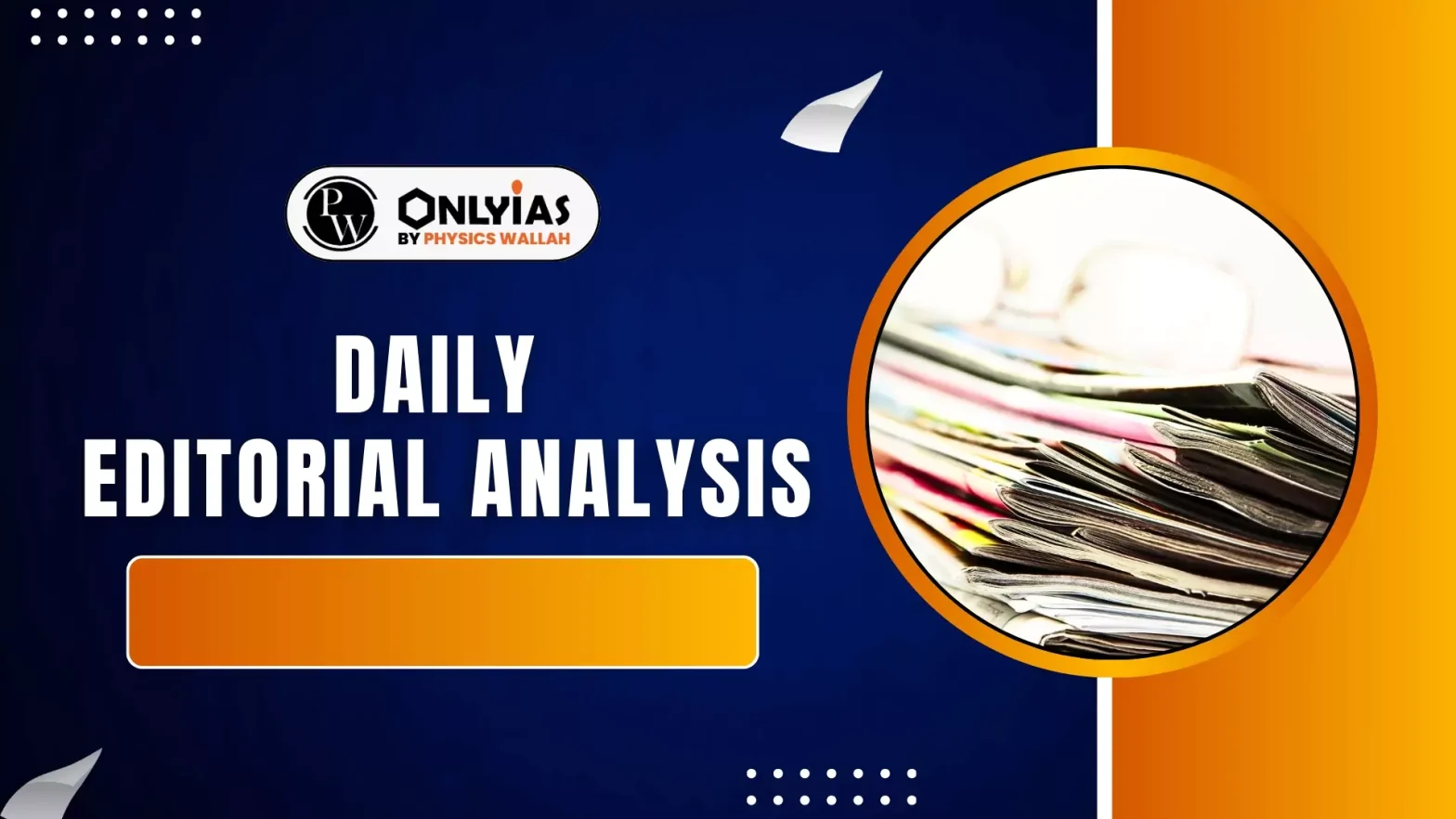The Digital Personal Data Protection DPDP Act of 2023 marks a significant leap in India’s digital governance.
- This legislation aims to safeguard the digital rights of citizens in an increasingly interconnected world.
- While the Act provides a foundational framework, the soon-to-be-notified rules will dictate its practical implementation.
Empowering the Data Principal
- At its heart, the DPDP Act champions the empowerment of the individual data principal.
- This means that when a user shares information on any digital platform – be it an e-commerce site or a financial service – they retain full command over that data.
- Users, referred to as data principals, possess the right to grant and, crucially, to withdraw consent for the use of their personal data.
- This principle aims to establish a robust data governance mechanism, where personal data is not merely a proprietary domain of large corporations but a public infrastructure for the global good.
Navigating Implementation Challenges
- Defining and Applying Consent: The concept of consent requires precise definition.
- For instance, if an individual withdraws consent for financial transaction data, it could impede regulatory bodies like the RBI from monitoring transactions, potentially leading to issues like tax evasion.
- Such ambiguities could disrupt the operations of FinTech companies and other digital platforms.
- Balancing Individual Rights and Regulatory Needs
- A fundamental conflict exists between the individual’s right to privacy, a part of the Right to Life with Liberty Article 21, and the need for regulatory oversight.
- Organizations like credit bureaus, telecom companies, and utility providers collect significant personal data for legitimate operations and regulatory compliance.
- Rules must strike a delicate balance that protects privacy without hindering essential regulatory functions.
- Harmonizing Stakeholders
- Effective data protection requires coordinated effort among businesses, regulators such as RBI, SEBI, and UIDAI, and consumers.
- Rules must foster clarity and consistency, offering updated guidelines to reduce the compliance burden on various entities.
- Integrating Privacy into Technology Privacy by Design: The Act emphasizes privacy.
- This necessitates ensuring data traceability, granting users granular control over their data, and making consent revocable.
- The challenge lies in adapting existing, often legacy, technological systems to meet these stringent requirements.
- Managing Cross-Border Data Transfers
- The Central Government holds the power to restrict the transfer of personal data to other countries, especially those deemed hostile.
- Given that many digital platforms utilize multinational companies with cloud infrastructure and headquarters across different nations, a sudden enforcement could be highly disruptive.
- A phased transition period for these large-scale operators is crucial to allow them to switch or localize their data storage facilities.
- Addressing Anonymized Data and AI Risks: While anonymizing data aims to protect individual identity, the rise of Artificial Intelligence AI poses a new threat.
- AI can potentially re-identify individuals from pseudonymized or anonymized data, leading to the creation of fake profiles or the spread of misinformation and public disorder.
- The rules must provide robust clarification and regulation for the use of anonymized data in the AI era to prevent such misuse.
- Clarifying Data Breach Protocols
- The Act currently lacks specified provisions for action in the event of a data breach.
- Rules must clearly define what constitutes a data breach, delineate the roles of agencies like the Indian Computer Emergency Response Team CERT-In in declaring breaches, and outline emergency provisions.
- Furthermore, explicit guidelines are needed for individuals whose data is compromised and for organizational responses to maintain public confidence.
- Mitigating Litigation and Misuse of Provisions
- The Act establishes a Data Protection Board to resolve disputes.
- There is a risk of frivolous cases, where individuals might misuse provisions to harass companies.
- To prevent the overburdening and potential collapse of the dispute resolution machinery, the rules should consider setting up fast-track digital tribunals and implementing penalties for the misuse of the Act’s provisions.
- This will ensure only serious grievances reach the Board.
Way Forward
- Global Examples: India can draw valuable lessons from international experiences, such as Singapore’s data protection act, which implemented changes in a phased manner, established sector-specific rules, and emphasized organizational accountability.
- User centric Design: For the DPDP Act to truly succeed, its rules must embody a user-centric design.
- This requires a coordinated effort involving businesses, users, and regulators through continuous dialogue and adaptation.
- Regular updates to the rules will be necessary given the fast-changing technological landscape.
Conclusion
Only through such comprehensive and adaptive measures can India ensure both privacy and trust in its digital ecosystem, paving the way for a secure and thriving digital economy.
![]() 15 Jul 2025
15 Jul 2025
